by Shannon Caughey
How you use your words can be one of the most effective tools you employ as a coach. How you use your words can also be one of the most destructive tools you employ as a coach. What you say and how you say it matters. It plays a significant role in whether you’re coaching and living wisely.
Proverbs addresses many dimensions of being skilled at living well in this world – which is what biblical wisdom is all about. One dimension is the use of our tongue. Here are two themes in Proverbs regarding how we speak that are helpful in being a wise coach: exercise discipline and add value.
According to Proverbs 10:19, “When words are many, sin is not absent, but he who holds his tongue is wise.” Proverbs 21:23 puts it another way: “He who guards his mouth and his tongue keeps himself from calamity.”Because you’re a coach, you have a captive audience. The bar is raised even higher for you to speak words that are helpful rather than being harmful. This requires discipline. Exercise the discipline of knowing when to hold your tongue rather than letting loose with what’s on your mind. Especially when your emotions are running high, guarding your mouth can keep you from sinning against others with destructive words.
Exercising discipline involves developing the practice of thinking before you speak. So much trouble and damage can be avoided when we pause to consider our words before we say them – rather than letting our words be many. Exercising discipline also includes doing more listening than speaking. When we listen well, our understanding of people and of situations is deepened, giving us greater clarity about what to say and what not to say.
In addition, wise coaches use their words to add value to those listening. Proverbs 15:2 says, “The tongue of the wise commends knowledge, but the mouth of the fool gushes folly.” Proverbs 18:21 declares, “The tongue has the power of life and death, and those who love it will eat its fruit.” To “commend knowledge” requires speaking what is accurate and true, but it goes further. It involves sharing this knowledge in ways that are life-giving rather than damaging to the recipient. Wise words add value to those listening.
How do we do this? Start by asking ourselves (as we think before we speak), “Is what I’m about to say to this person genuinely beneficial to them?” Here’s an example: you could say truthfully to Player A, “You’re not as skilled as Player B.” It’s likely Player A is already aware of this (so you’ve added no helpful knowledge), and now Player A feels less confident that he or she can contribute (your statement, while true, was not life-giving). Instead you could say truthfully to Player A, “If you keep working hard at developing this specific skill, I believe you can have an important role in helping the team succeed.” Now you’ve offered knowledge that gives Player A an opportunity to grow and thrive. Your words have added value to Player A’s life, and the fruit could be that Player A will now add even more value to the team.
You largely carry out your role as a coach through what you say. Thus, to be a wise coach involves developing the skill of using your words well. Look to the Lord to do this. Trust his power and grace to enable you to grow in being disciplined in how you speak so that your words add value to others. As you do so, you’ll use your tongue to honor Christ in the sphere of influence he’s given you.
For reflection: What is the biggest struggle for you in how you use your tongue? Confess this to the Lord, receive his forgiveness, and ask him to help you grow in speaking wisely through his power and grace.
Resources
Before you purchase, give Illini Land FCA (217-480-7903) a call to see if we have any resources in stock we can give you!








